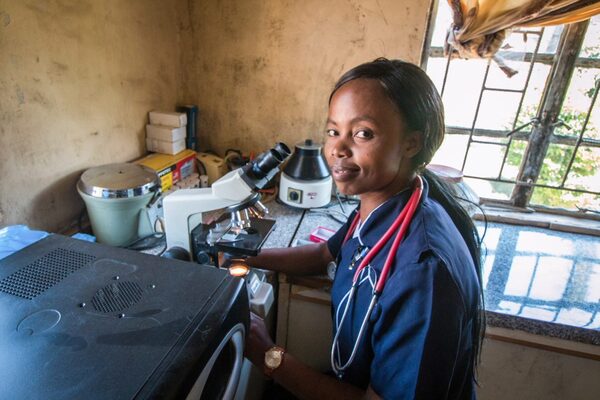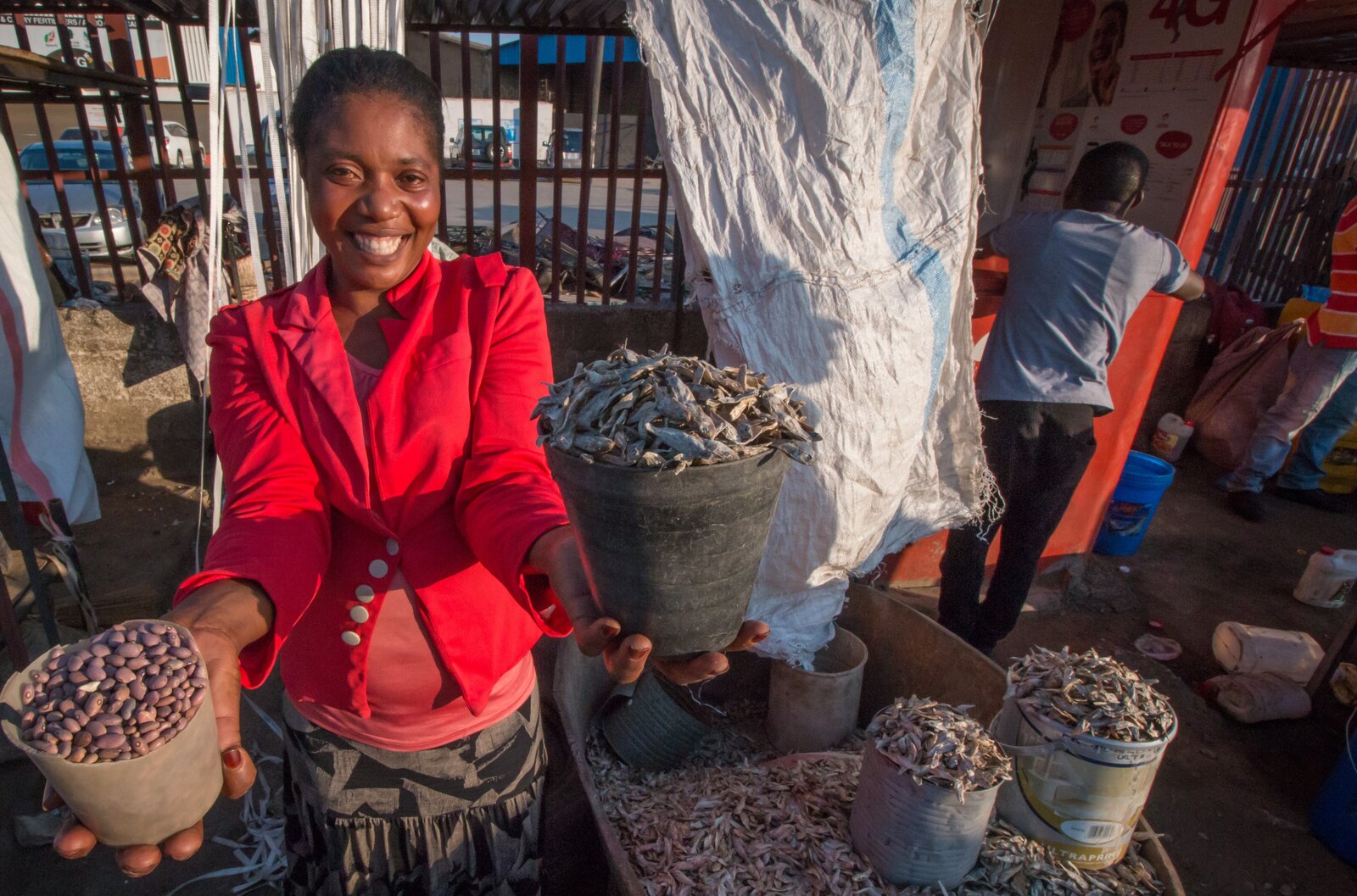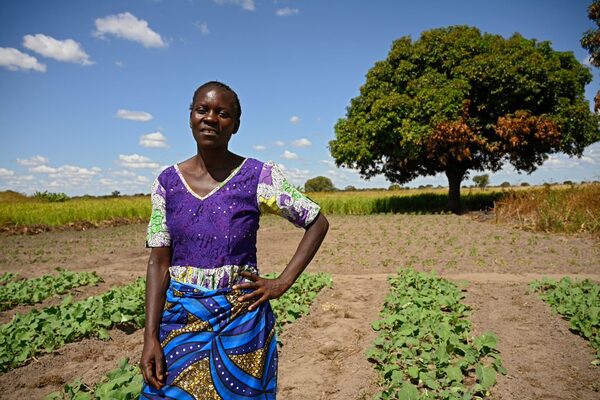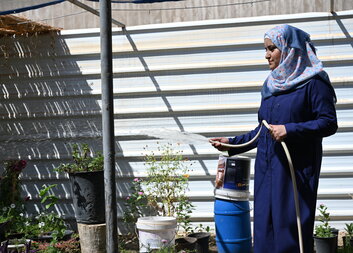I now have a thriving popcorn and fritter business says Fostinah from Zambia
Mukeya Fostinah Ntenda is a member of the Twikatane Savings Group in the Nchelenge district of Zambia. She is 39 years old and married with six children. She was among the first people to join the group. Thanks to Caritas Czech Republic in Zambia and the Financial Sector Deepening (FSDZ) for introducing the savings group initiative, she now boasts of a thriving popcorn business.













